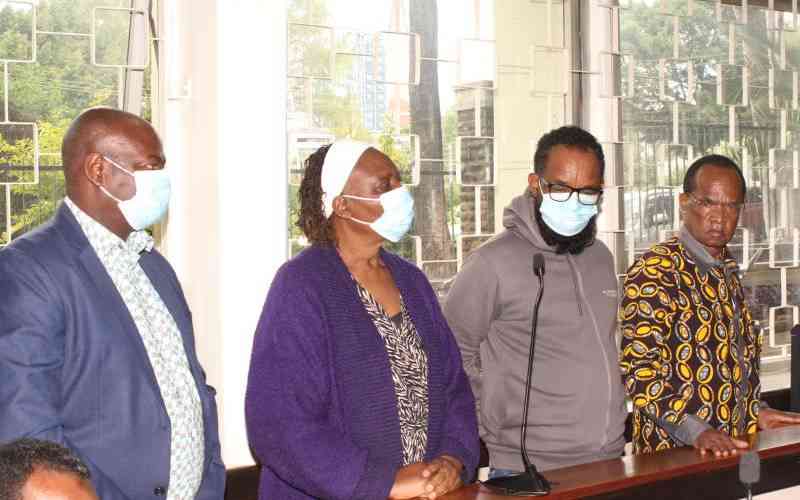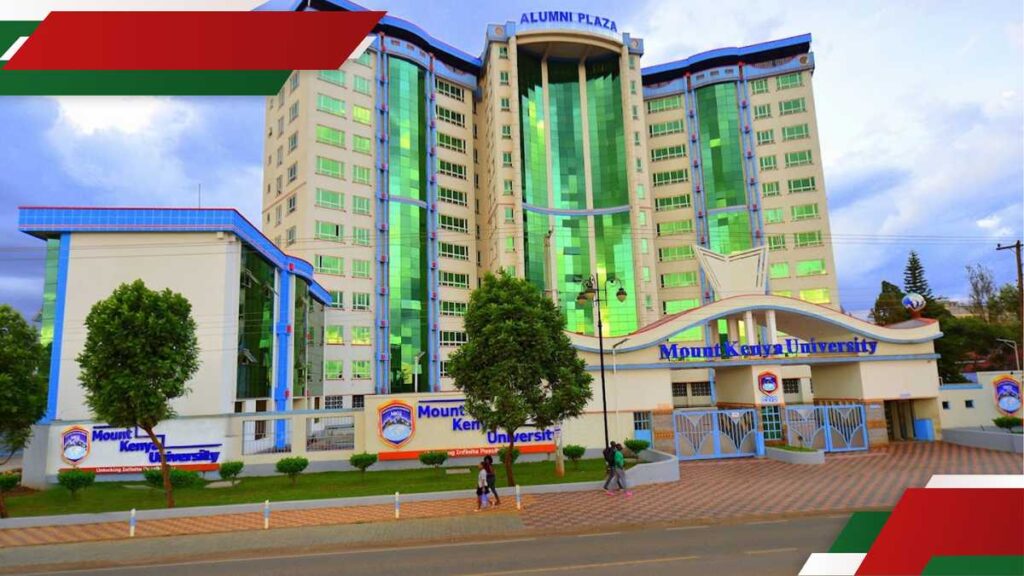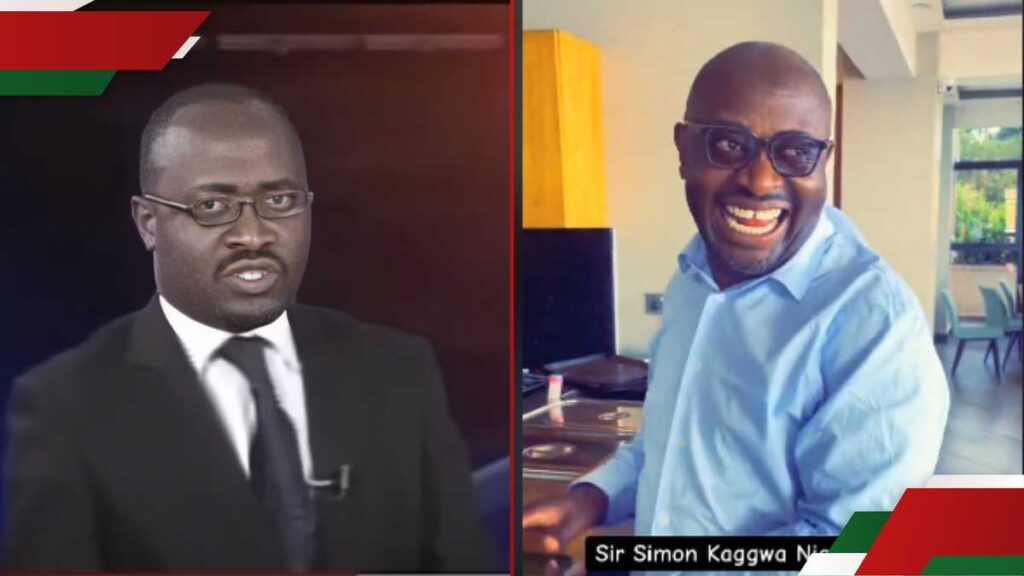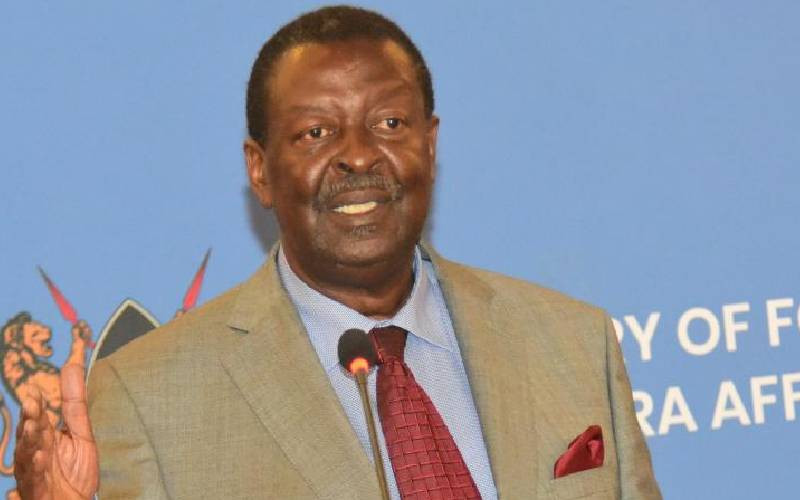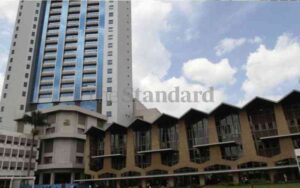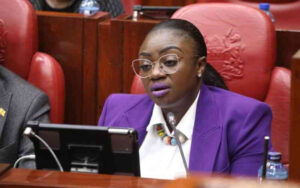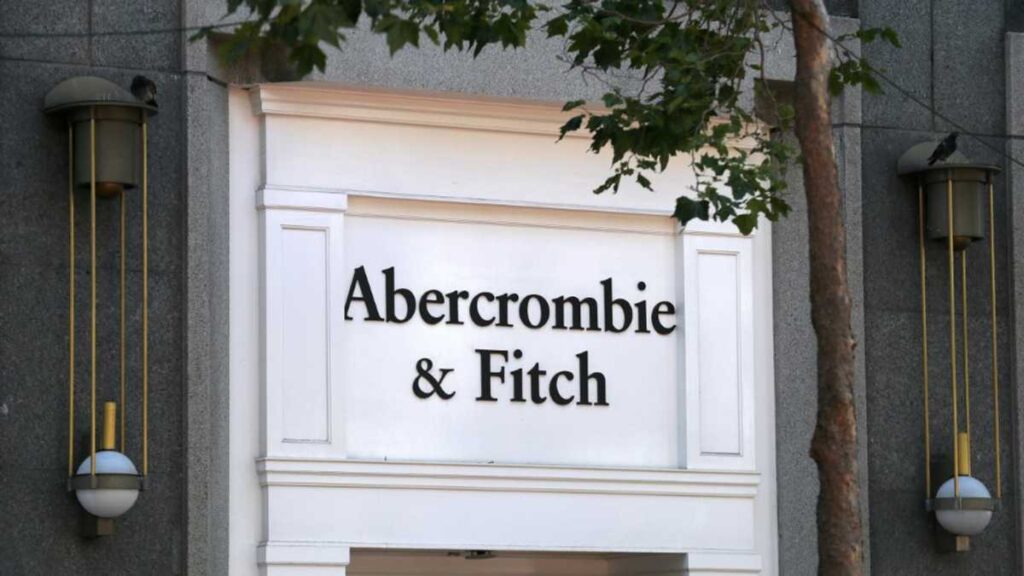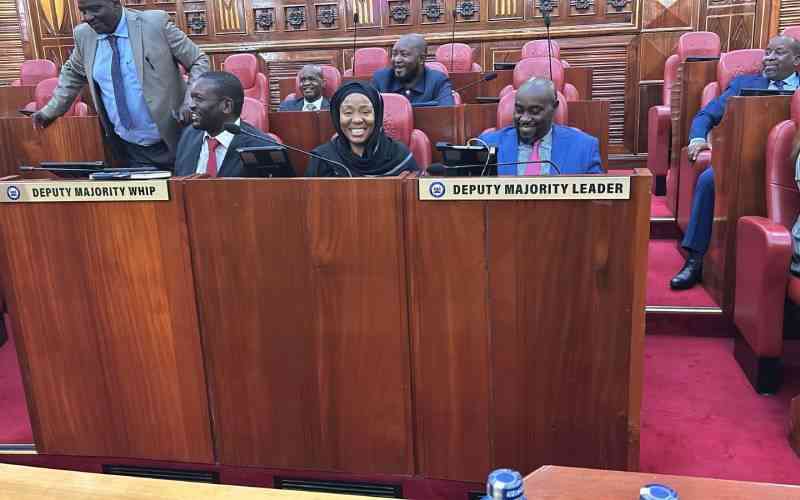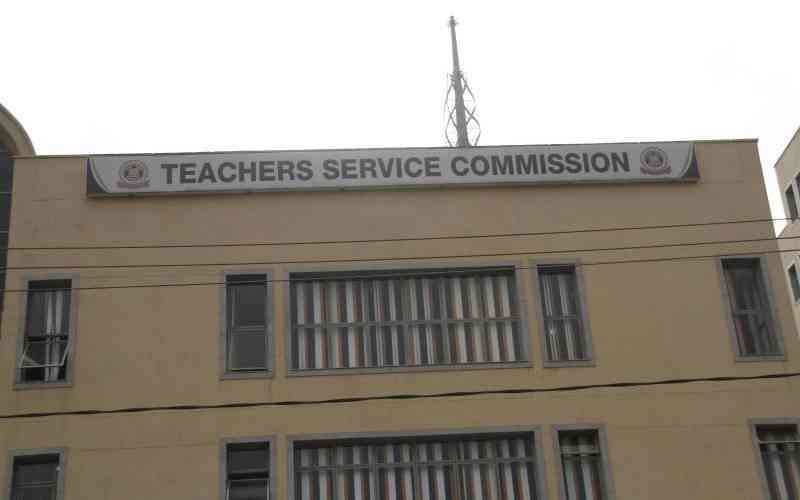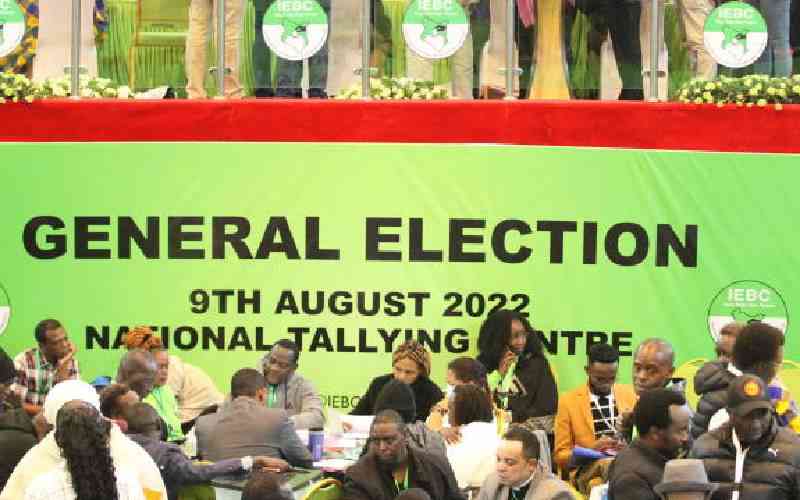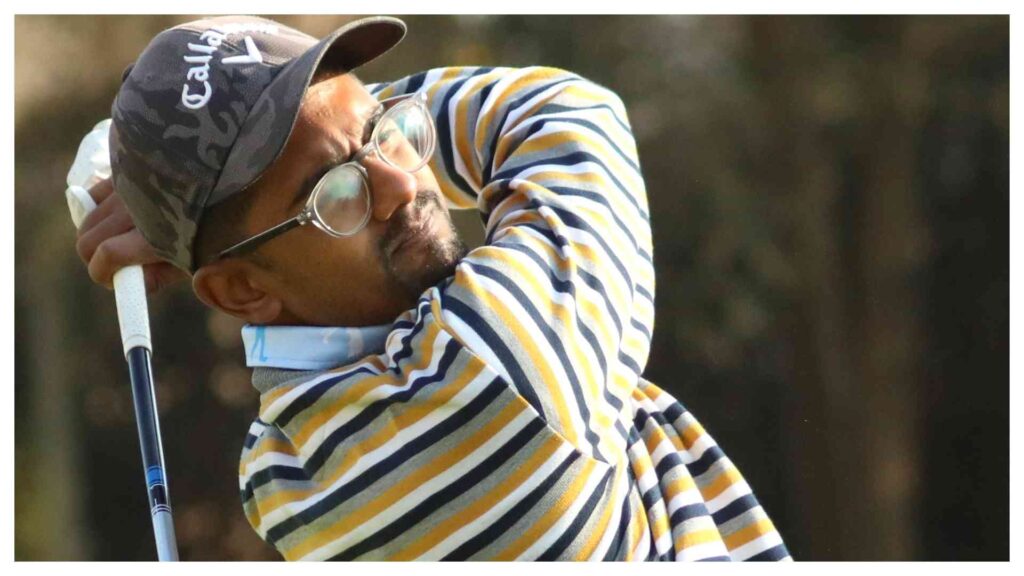Wrangles dogging the University of Nairobi (UoN) got messier after the council chairperson, Amukowa Anangwe, and three other members were on Friday arraigned before the Milimani Anti-Corruption Court on two counts of corruption-related offences.
Prof Anangwe, Caren Omwenga, Abdullahi Ahmed, and Chief Operations Officer Daniel Ouma pleaded not guilty to charges of abuse of office and unlawful acquisition of public property amounting to Sh32.4 million.
The prosecution alleges that on or about April 19, 2024, the accused, in their capacity as UoN Council members, unlawfully exercised their authority to improperly benefit Ouma.
The alleged benefit was through a council resolution that reappointed Ouma as the acting Chief Operations Officer and nullified a letter issued by then-Vice-Chancellor Prof Stephen Kiama rescinding the same appointment.
It is further claimed that this resolution violated a judgment delivered on April 8, 2024 in ELRC JR 46 of 2023, which reportedly barred such action.
In the second charge, Ouma is separately accused of unlawfully acquiring Sh32,459,406.15 in salary payments.
This was between March 25, 2015 and May 8, 2025 for roles including Deputy Director (Fundraising, Donor Relations and Partnerships), Director of Advancement, and Acting COO—positions the prosecution claims he was not qualified to hold.
The magistrate was informed that two additional council members, Joel Kamau Kibe and Dr Darius Mogaka, who were to be charged alongside the four others, were not in court as they are currently out of the country.
After denying the charges, the accused persons sought to be released on reasonable bail and bond, stating that they were willing to comply with all conditions set by the court.
The magistrate, however, released Anangwe, Omwenga, and Abdullahi on a Sh1 million bail or Sh3 million bond.
Chief Operations Officer Ouma was granted separate bond terms of Sh5 million and Sh3 million, since he faced a charge of unlawfully acquiring Sh32.4 million from the university.
The magistrate released the four on bond terms on strict conditions that they had to deposit their passports with the court.
The four accused were further barred from accessing their offices at the University of Nairobi pending the determination of their trial.
Stay informed. Subscribe to our newsletter
The four were formally prosecuted after the court rejected their application to defer the plea taking to Monday, to allow them time to file submissions on the constitutionality and legality of the charges.
While ordering the suspects to answer to the charges, Magistrate Okore concurred with Director of Public Prosecutions (DPP) Renson Ingonga that the charges were “proper in law”.
The accused had earlier sought to postpone their plea-taking, arguing that the charges were defective, politically motivated, and contradicted binding court orders.
They claimed that a valid conservatory order issued in Petition No. E192 of 2024 by the Employment and Labour Relations Court (ELRC) expressly barred the University Council from interfering with Ouma’s employment status.
“This conservatory order is still running even after the so-called injunction,” one lawyer told the court. “We believe this entire process is politically motivated and not grounded in justice.”
They argued that the Council resolution reappointing Ouma was in compliance with that court order.
“The court clearly said: do not remove Brian Ouma. That’s an order from a superior court. Yet here we are, defending actions that are in full compliance with that very court order,” the defence stated.
Anangwe’s lawyer, Abdrazak Mohamed, told the court that his prosecution by the State is “purely political” and “legally defective”.
He criticised the EACC, alleging bad faith and abuse of process in the manner of his client’s arrest and prosecution.
The lawyer further argued that the University of Nairobi Council is a corporate body that acts collectively, not individually, and that it is therefore legally erroneous to prosecute individual members for resolutions passed by the Council as a whole.
“It is trite law that an individual cannot pass a resolution. A resolution is passed by a body corporate. There is no such office as ‘member of the council’ under the University Act,” said the lawyer.
“This charge is constitutionally defective and offends the rights of the accused.”
Defence counsel emphasised that Ouma was already serving in his capacity before Prof Anangwe became Council Chair, calling into question the basis of the allegations.
The defence also alleged procedural unfairness, revealing that Prof Anangwe was on Friday arrested at 4 a.m. in Kisumu “while simply running errands in the county”, and flown to Nairobi “without being granted a fair opportunity to respond or review documents necessary to his defence”.
“The EACC told us they would call my client when necessary. Instead, they ambushed him early morning, transported him like a fugitive, and rushed him to this court. That’s not justice. That’s harassment,” the lawyer said.
The defence also described the charges as “an academic exercise being disguised as a corruption case”, claiming that the EACC disregarded binding court orders.
They insisted that prosecuting individuals for collective decisions made by the Council was legally unsound.
Abdullahi’s lawyer also echoed the argument, stating, “The charges refer to a ‘member of the council’ abusing office.
But there is no such office created under the University of Nairobi Charter or the Universities Act.”
He continued, “Resolutions are passed by corporate entities — the Council— not individuals. Bringing individuals before this court for a corporate action is defective and violates their constitutional rights.”
The defence had warned that proceeding with the plea would amount to contempt of a superior court’s binding order.
“This court is being used to enforce an EACC advisory — an advisory that has already been stayed by a High Court judge. Proceeding to plea would be a direct contravention of that court order,” Abdullahi argued.
The case will be mentioned after 14 days for pre-trial directions.
The accused also protested the manner of their arrest, accusing the Ethics and Anti-Corruption Commission of “unnecessary drama”.
Anangwe was arrested separately in Kisumu before being flown to Nairobi.
The defence team questioned the motive and manner of the arrests, arguing that the accused had been cooperating fully with the EACC during the investigation phase.
“The arrests were a public spectacle. This was unnecessary drama for individuals who have not only availed themselves but have also complied with all summons,” said one of the six lawyers representing the accused.








